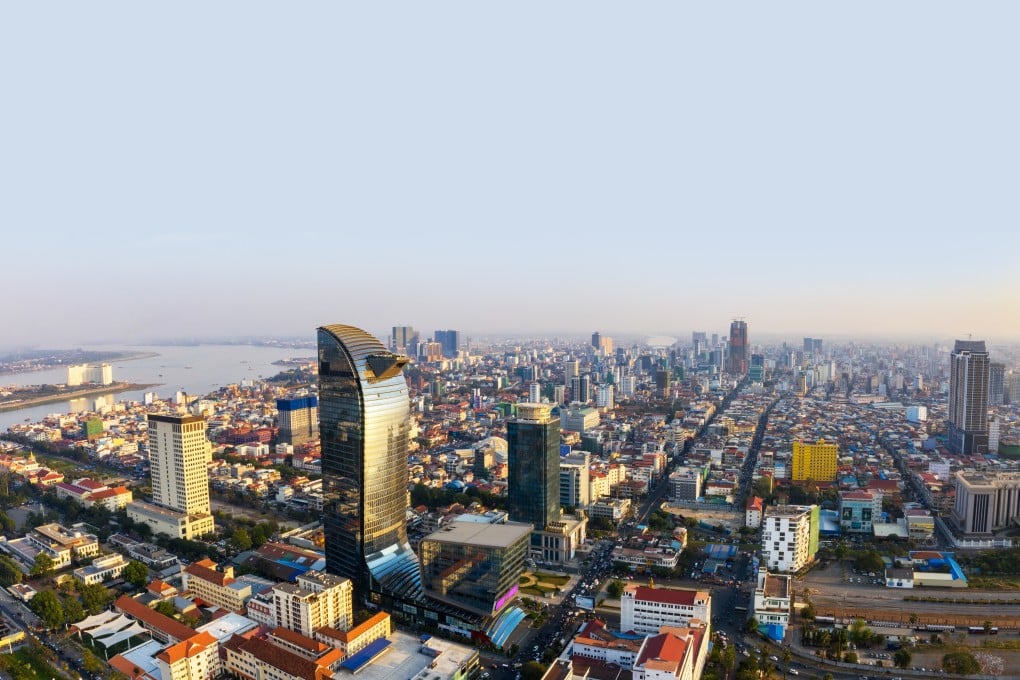From Khmer Rouge to Khmer Riche: is Hun Sen losing his decades-long grip on Cambodia’s corrupt politics?
With the economy slowing, warlords squabbling and growing international criticism, observers are fearful for the country’s future

It is early evening and Phnom Penh’s open-air riverside bars are filled with well-heeled tourists, sharply-dressed business types and trendy proponents of the city’s newly minted middle class. The vista from their terraces is soothing: small freighters and fishing boats chugging gently upriver, or drifting silently downstream, and saffron-clad monks or young lovers strolling the banks of the Tonle Sap.
But this tranquil, prosperous atmosphere is deceiving. The United Nations’ sponsored experiment with an imposed democracy in the 1990s has proven a dismal failure, instead Cambodia has reverted to a kleptocratic oligarchy whose ambitions threaten catastrophe, in a country all too familiar with the premise.
“Before we had the Khmer Rouge, now we have the Khmer Riche,” says Lao Mong Hay, a Cambodian political analyst who has advocated representative government for 30 years. A small, quietly spoken man, his candour is unusual in a country shrouded by fear, where a reference to politics can stop a conversation in its tracks.
“Our institutions are a facade – the parliament, the legal system, the administration – a charade,” he says. “They are controlled by the prime minister and his cronies, and their hubris will bring disaster again to this country.”

Hun Sen’s remaking of Cambodia in his own image began in earnest in the late 90s as billions of dollars in foreign aid poured into the country after decades of conflict. His patronage since has been sustained by a Chinese-led global economy that responded when Cambodia’s long denied peace opened the spigots of foreign investment.
